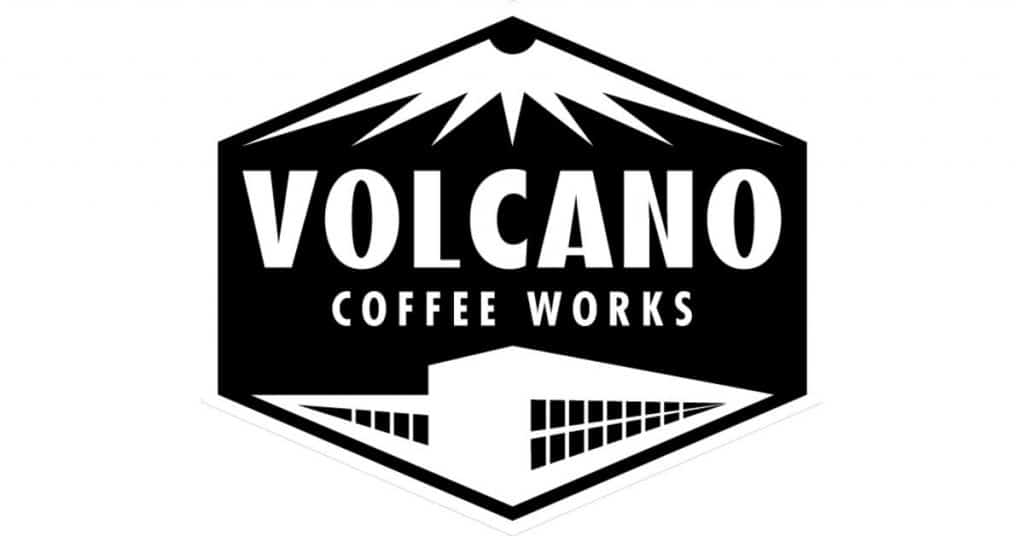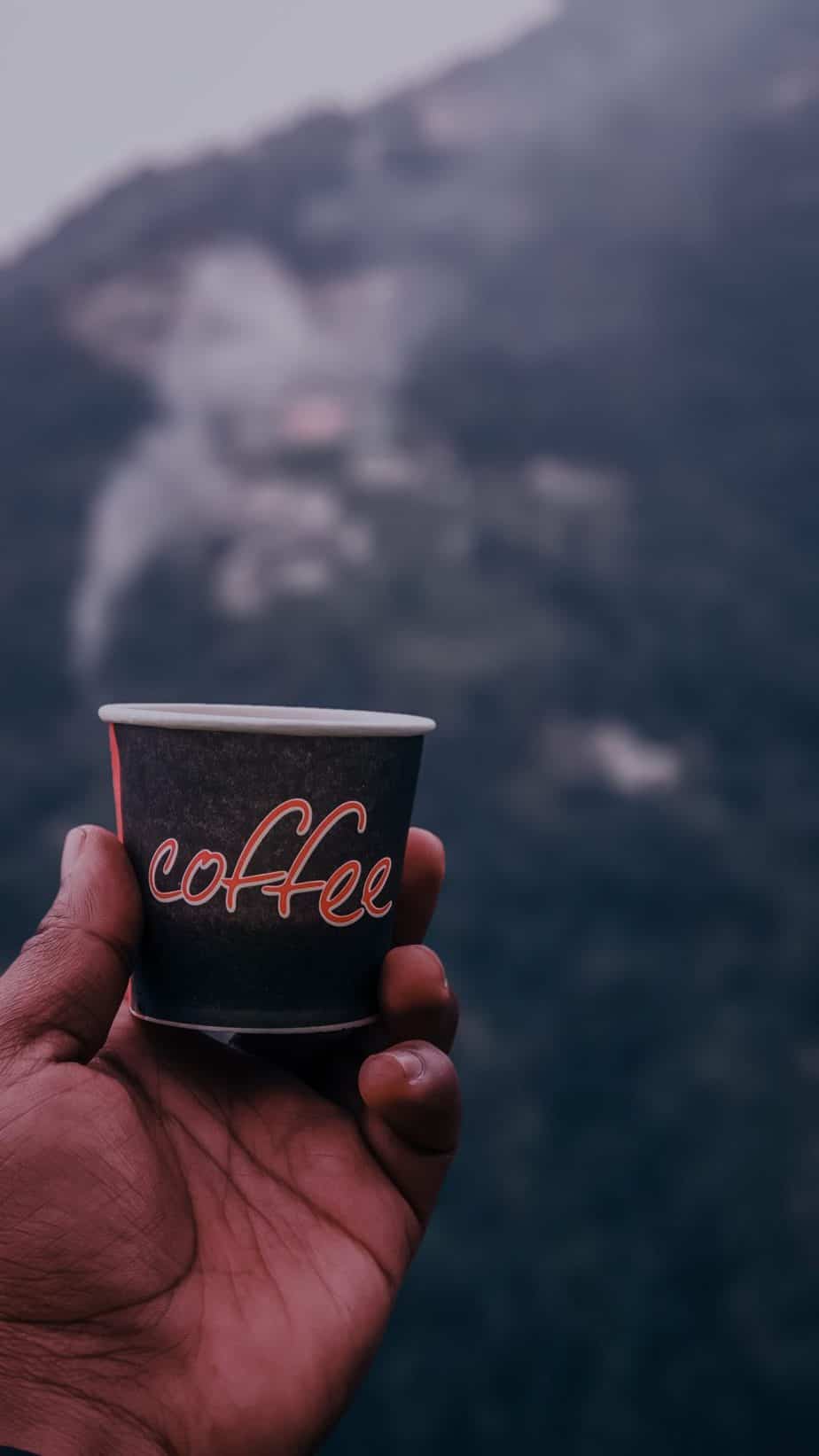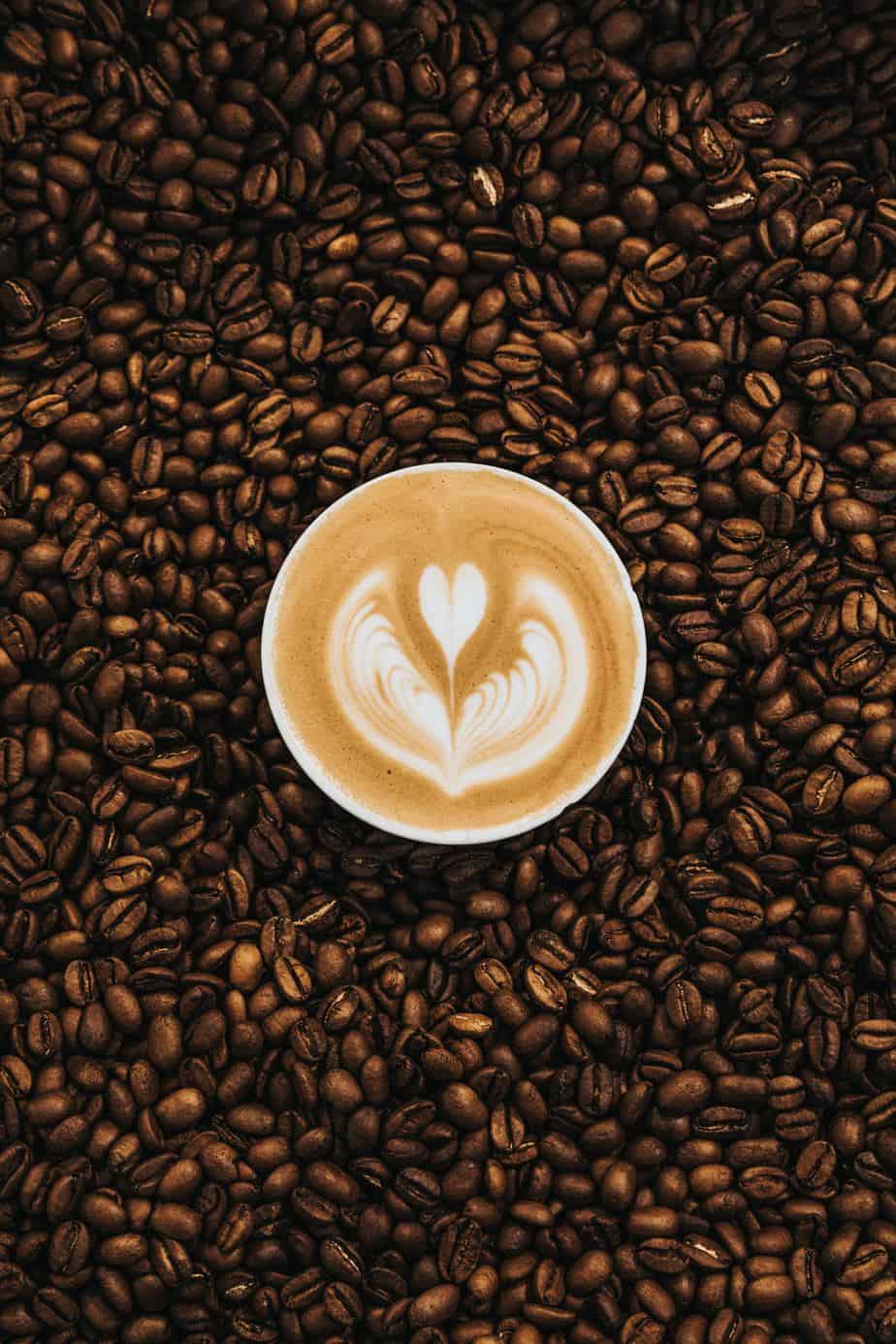When it comes to making good coffee, the quest is as much about the journey as the destination, and who better to help you on your way than those who make coffee all day, every day? For just that reason we’re casting the net far and wide to find the best tips and tricks on what goes into making great coffee.
I caught up with Michael Cleland of Volcano Coffee Works in South London to hear his thoughts on how to pick and roast the best beans. Volcano is one of a new breed of premium roasteries in London, which source fine coffees to design gourmet coffee blends. Read on to get the insider’s view…
Mike, could you start by giving us a short summary of what Volcano actually does? How far back into the supply chain do you go?
Volcano Coffee Works is a leading small batch, coffee roastery based in South London. We source the finest seasonal coffees from all over the world and roast them to preserve their inherent flavour. Our head roaster, Kurt Stewart, regularly visits ‘origin’ countries to source coffees, and to establish and sustain relationships with the farmers.
We’re on a quest to find out more about how to make good coffee, and the best place to start is with the beans. How do you go about selecting the best beans?
Beans are roasted in samples and then we conduct a cup tasting to evaluate their quality. We’re looking for an objective evaluation of which coffees are the best expression of their provenance, variety and processing method. Obviously, with coffee being a seasonal product, we are sourcing and selecting coffees from various origins at different stages of the year. We also bear in mind the impact our investment has on those at origin in terms of supporting sustainable futures.
How much TLC goes into making sure the beans get to your London roastery unharmed?
What we do – sourcing, preparing and serving higher quality coffee – is all about offering coffees which best express their origins. So that means that the whole process, from planting and picking to roasting and brewing, has to be done at a high standard. No compromises.
Surely shipping large quantities of beans long distance is better off done by coffee giants? How do you keep your edge in the marketplace?
We do work together with intermediaries, called Green Traders, in shipping, which makes the whole process a lot more feasible. True, sourcing small batches of higher quality coffee may not be as financially lucrative as working in a ‘coffee giant’, but we find other rewards in our work: pride in our product and the knowledge that we promote better social outcomes, to name just two.
It’s nice to hear from someone that cares as much about pride as they do profit; it seems to happen more in the coffee industry than anywhere else. So, once the beans are in London, what happens to them next? How can we know we’re getting top quality beans?
We roast beans in small quantities as part of development roasting to create a ‘recipe’, unique to the coffee, which enhances its characteristics. We roast, taste, roast and taste, until the moment we find the ‘profile’ which is exactly right for that coffee, when it’ll then move into the production roast where it’s prepared for consumers to enjoy. To make sure that your coffee is top quality, you should look out for traceability (the name, specific origin, variety and coffee process) and roast date (displayed within 21 days) on the bag. There’s a lot of other things to consider which can only be done once the coffee’s in the cup. As a rule, if you brew a French Press to a reasonably accurate recipe, you should expect a balanced coffee, defect-free. Further than that, it gets a bit complicated to explain!
I’ve heard that a coffee’s roasting date is important and that anything over 14 days gets a bit stale for espresso. Is this true?
While it’s different for each different coffee, as a general rule that’s right. Roasted coffee will become ‘flat’, so we suggest drinking coffee within 21 days of its roast date.
I’ve read a lot about ‘dark vs light’… What’s the relationship between this and strength, roasting time, or flavour?
Roasting coffee is a bit like cooking meat. As a general rule, once you cook it past a certain point you risk it losing its individual qualities and becoming just generic cooked meat. Obviously it’s a bit more complicated than that but generally it holds true. With this in mind, roasting is ideally about striking a balance between developing the flavour of the green bean and going too far, or creating a product which is essentially ‘overcooked’. Just like when you’re cooking, time is just one variable which affects the end result. You’ve also got to consider all the other factors, like the temperature in the roasting drum. And strength’s an ambiguous term in the coffee world, in that it could refer to any one of a number of the cup’s final aspects. While over-roasted coffee will have an inherently bitter flavour profile, and thus a stronger taste, it will actually contain less caffeine from being over roasted.
Weird. Good to dispel the myth that strength is always associated with the amount of caffeine. I’ve also read about ‘single origin’ coffee; what’s this all about?
Single origin coffee does what it says on the tin. It’s not a blend but one coffee, taken from a single origin. Blending coffee can be beneficial, especially for espresso, but single origin coffees are the best way to respect the uniqueness of a particular coffee as it isn’t obscured by any other beans.
On the business side of things, when did Volcano start? And what was your motivation?
Volcano started in 2010 as a response to what we saw as an oversight in many restaurants. Traditionally, coffee has always been an afterthought in restaurants, despite the fact that the seasonality, provenance and quality of their other ingredients were at the core of their philosophy. However, restaurants are becoming increasingly aware of the benefits of sourcing and preparing coffees; it only serves to reinforce their message of striving for the highest level of culinary appreciation in all that they do. Our philosophy of demystification and accessibility is also something which I think aligns well with the values of many restaurants and cafes.
We’ve seen a rise in subscription coffee businesses, why do you think this works so well?
Coffee is one of the cheapest luxuries you can buy. In London you can get hold of the highest standard of sourced and roasted coffee in the world at incredibly accessible prices. Not only this, but coffee is now something which is consumed habitually [editor: Yes, especially in the coffee obsessed office!]and often before leaving the house in the morning. I think more and more people are preparing coffee and home, and subscription coffee cuts down the time needed to physically go out to the shops and get it.
Give us three reasons why, as coffee-lovers, we should pick Volcano?
To make coffee at home, I’d say: 1. Flavour first 2. Flavour first 3. Flavour first In restaurants: 1. The product 2. Training and support 3. Our expertise in understanding and fulfilling restaurants’ needs
Thanks Mike, definitely agree on “Flavour first.” So finally, what’s your tipple? Press, Pot or Espresso?
Horses for courses! The Volcano Coffee House is doing a roaring trade down in Dulwich, so if you’re interested, head over to Parkhall Trading Estate and have a taste. Many thanks to Mike Cleland for the interview.


